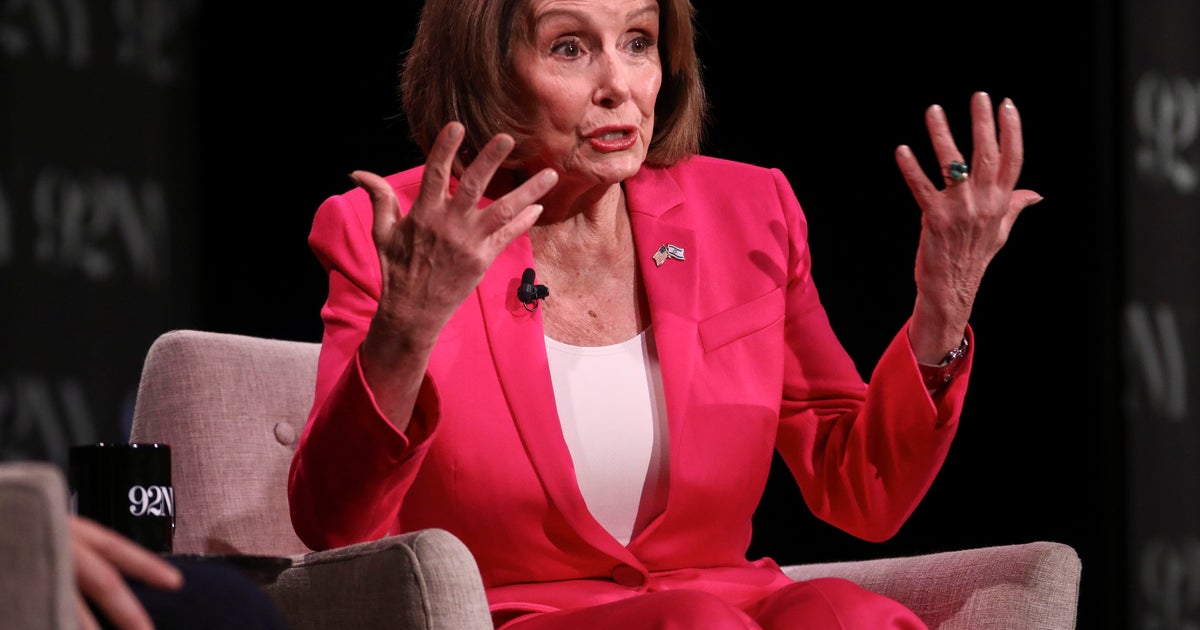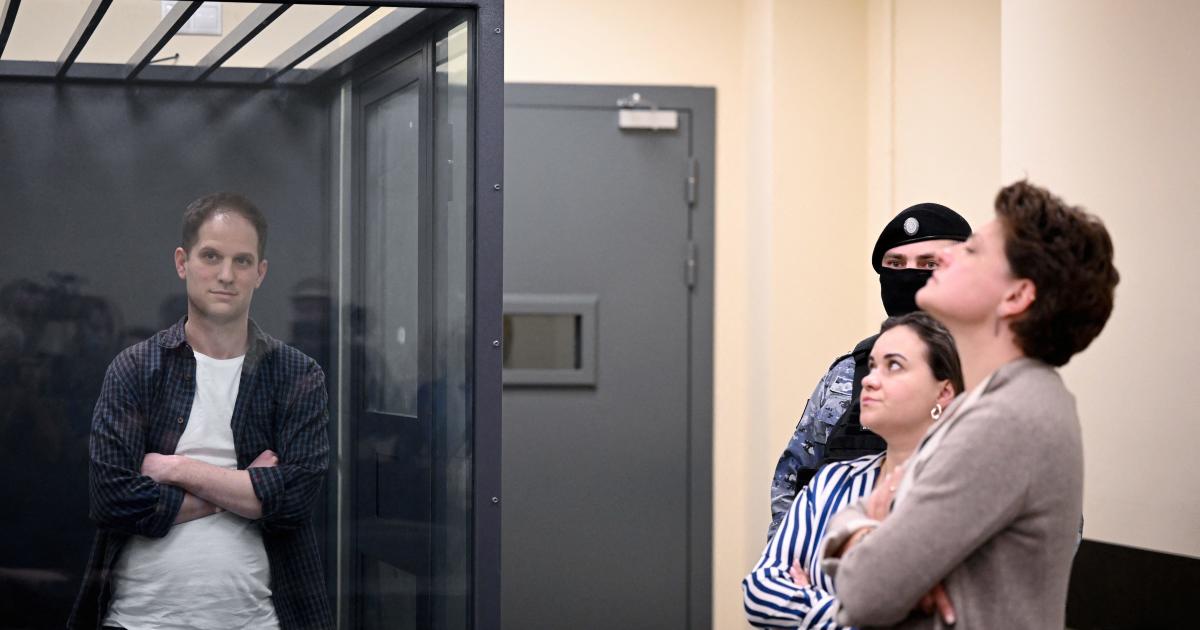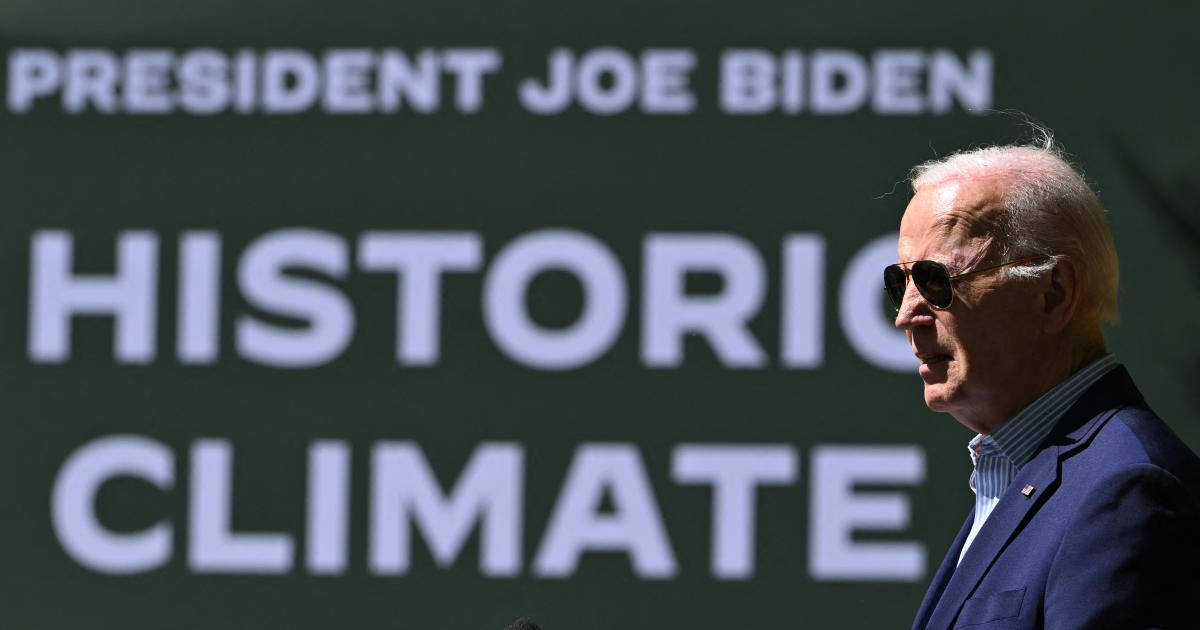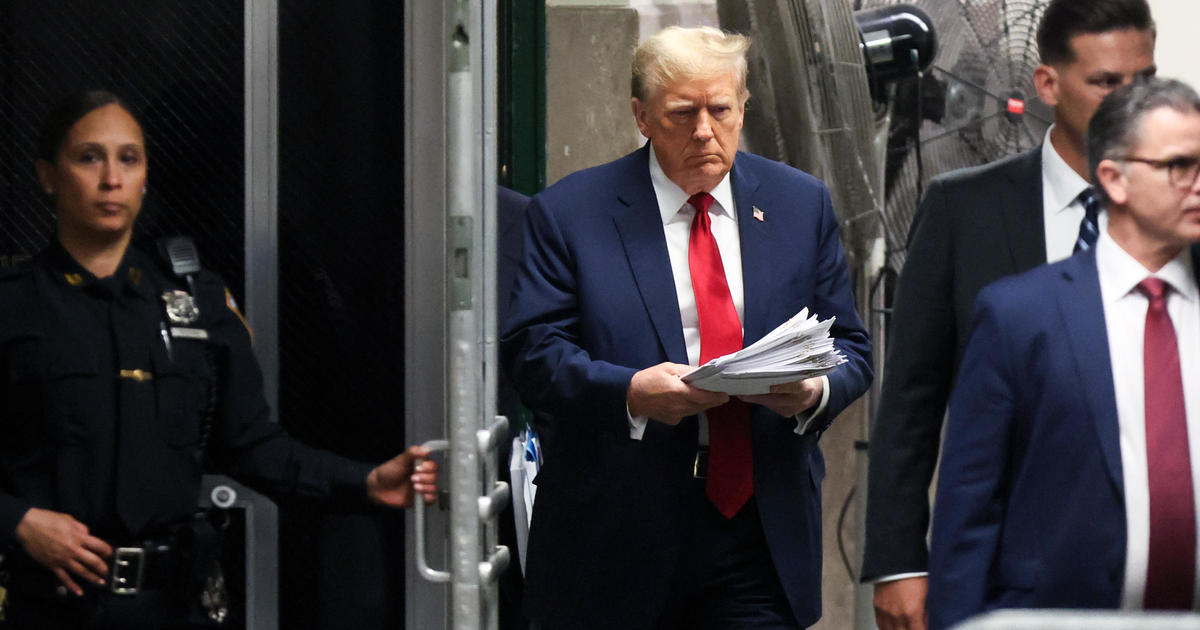Tillerson heads to Moscow amid strained relations with Russia
When Secretary of State Rex Tillerson lands in Moscow this week it will be the first visit of an official from the Trump administration to Russia.
President Donald Trump, who lauded Russian president Vladimir Putin on the campaign trail, was initially viewed as a wholehearted proponent of rejuvenating U.S.-Russia relations.
But the visit looks like it will be anything but cozy. The U.S. carried out a missile strike in Syria last week, which means Tillerson will be flung into a deeply tense environment.
After the chemical attack carried out by the Assad regime, which prompted the U.S. strike, Tillerson charged Russia with being “complicit or simply incompetent.” In 2013, the U.S. and Russia made a deal that Syria would get rid of their chemical weapons stockpile.
Less than four years ago, Tillerson was in the country under wildly different circumstances. As the CEO and Chairman of Exxon-Mobile at the time, he received Russia’s “Order of Friendship” award from Putin.
Now, it seems that in his new diplomatic role, Tillerson stands ready to confront Russia head-on about their inability to condemn the Syrian regime.
“I hope Russia is thinking carefully about its continued alliance with Bashar al-Assad, because every time one of these horrific attacks occurs, it draws Russia closer into some level of responsibility,” Tillerson told ABC after the strikes had been carried out. He has been in touch with Russian foreign minister Sergei Lavrov multiple times since the attack.
Tillerson said that the Russians have been covering for Assad’s behavior for a long time. Nikki Haley, U.S. ambassador to the UN, declared now is the time to end the days of Assad using chemical weapons without consequence. And in the face of Syrian denial, Tillerson has argued that Russia’s insistence that the Assad regime did not carry out the chemical attack is “not plausible” and “not credible.”
Russia, a major military ally of the Assad regime, came out aggressively against the U.S. strike in Syria.
“President Putin views the U.S. strikes on Syria as aggression against a sovereign state in violation of the norms of international law and on a made-up up pretext,” said a Kremlin statement. “This step by Washington will inflict major damage on U.S.-Russia ties.” Drumming up the drama, Russia’s Ambassador to the UN said that the strikes had “only facilitated the strengthening of terrorism.”
Though Russian experts say that Russia needs an exit strategy from Syria, Putin cannot afford to make an agreement to do so after the U.S. attack, for fear of looking weak. It is now “more complicated for Russia to say we are going to reconcile our differences,” explains Andrey Kortunov, the Director General of the Russian International Affairs Council.
“Anything but a failure would be a success,” he says of this visit.
Another factor on the table will be Russian interference in the US election. State Department officials expect Tillerson to bring up Russian interference in the election during his meetings. They said Tillerson views the meddling as violating international norms and creating tensions that “unnecessarily” erode trust.
These major sticking points are a stark contrast from the positive relationship with Russia that Mr. Trump so often wished for on the campaign trail.
“The deflation of the Trump euphoria has already happened,” explains Chris Miller, a Soviet expert at Yale University. From the beginning of the Trump administration, the Russian government was frustrated about not receiving the preferential treatment that they expected – and this was before the US military strike in Syria.
Despite the harsh language from both sides, the Russians are likely to remain cautiously optimistic about a better relationship. With a weakening economy, strenuous sanctions and an increasingly outspoken opposition movement, it is not in their best interest to dismantle all hope of closer U.S. relations.
“Tillerson’s statement was exactly what the Russians wanted to hear,” says Miller in referencing the Secretary indicating that the strike did not mean a change in U.S, policy towards Syria. “So if this strike is a one-off, which all signs indicate this far, then maybe not so much has changed.”
The visit, described by the State Department as an “exploratory trip,” will allow Tillerson to test the waters and see what can be done to salvage the relationship.
Some Russians hope that Tillerson will discuss human rights abuses, allegedly carried out by the Kremlin, during his conversations.
“Human rights violations must be a part of the conversation. It is a good way to suppress these guys to stop doing something. These politically motivated assassinations must stop,” explains Vadim Prokhorov, an opposition lawyer in Moscow. He asserts that change in the country will never come unless external pressure is applied.
With Syria on the front boiler, it is unlikely that human rights will become a focal point. The same goes for conversations about the U.S. and Russia working together to deter North Korea’s nuclear program, which is an area where both sides have shared interests. Still with Mr. Trump at the helm and Putin “playing ball,” according to Russian experts, there is no indication that the meeting will be completely negative.
The State Department maintains that the U.S. is still open to re-starting relations with the Kremlin and this trip will be a primary factor in making that determination.



